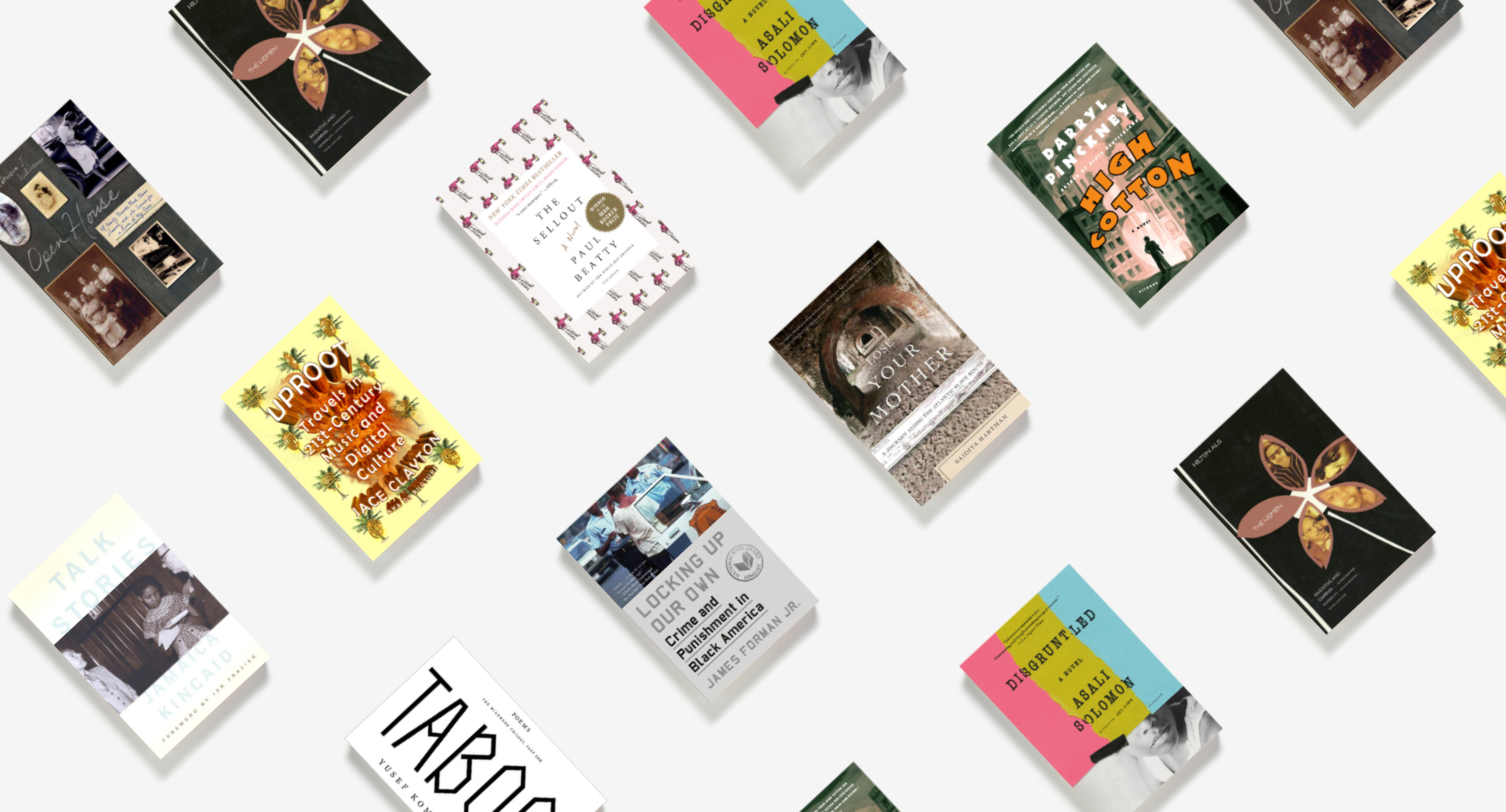In honor of Black History Month, we’ve compiled some of our favorite FSG reads, on a broad range of subjects—from a personal journey along the paths of the Atlantic slave trade to a Man Booker Prize-winning satire to a historical analysis of race’s complicated role in the criminal justice system. Here are books that challenge and inform, grapple with longstanding injustices, and project singular and important voices into the world. We are proud to publish these authors and celebrate these powerful works.
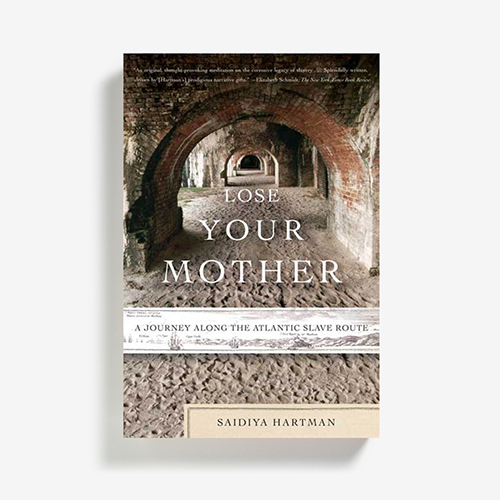
Lose Your Mother by Saidiya Hartman
In this original and thought-provoking memoir about loss and alienation, Hartman looks at slavery’s legacy by tracing the history of the Atlantic slave trade. She journeys along a slave route in Ghana that brings her face to face with the blank slate of her own genealogy and the effects of slavery on three centuries of African and African American history. With no known survivors of her lineage, Hartman goes to Ghana with no relatives she can hope to find. Still, she finds herself pulled close to others whose lives were shattered by the slave trade.
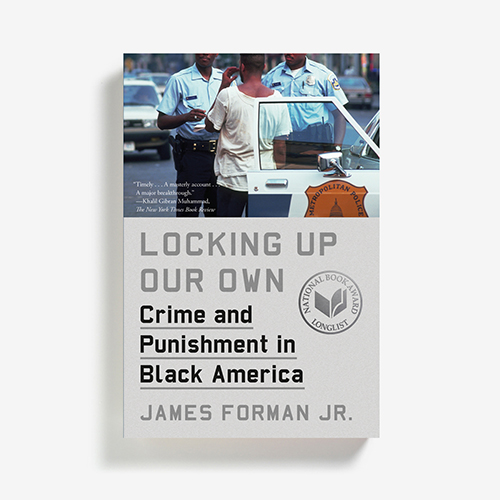
Locking Up Our Own by James Forman, Jr.
Long-listed for the National Book Award and one of the New York Times Book Review’s 10 Best Books of 2017, Forman’s work adds an important layer to current discussions of America’s criminal justice system and its disproportionate impact on people of color. Forman points out that the war on crime that began in the 1970s was supported by many African American leaders in urban centers, and his book seeks to understand why. A former D.C. public defender, Forman offers an essential book that enriches our understanding of why American society became so punitive.
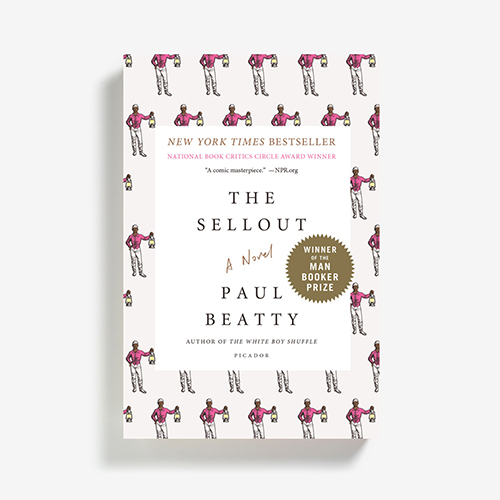
The Sellout by Paul Beatty
Paul Beatty was the first American to win the Man Booker Prize with this novel about a black man in an “agrarian ghetto” outside LA who, in a quest to literally keep his town on the map, lands in the Supreme Court for reinstating slavery and segregating the local high school. Beatty is a comic genius at the top of his game, offering a send-up of race in the U.S. that has been hailed as the “first truly great satirical novel of the century” (NPR).
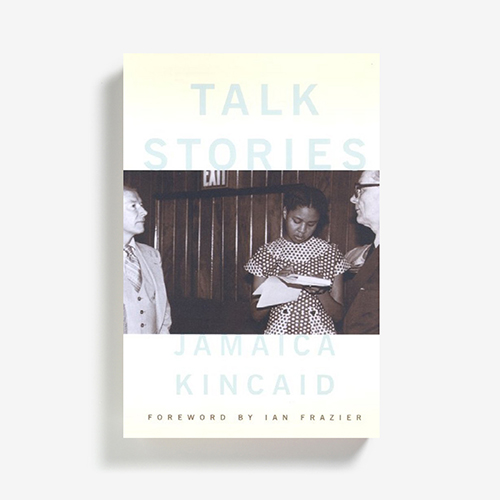
Talk Stories by Jamaica Kincaid
With this collection, Kincaid, originally from Antigua, gives us her first impressions of New York in the late 1970s. New to the city, Kincaid has a heightened eye for its strange mannerisms and details. She takes us to the West Indian-American Day parade in Brooklyn, meets Miss Jamaica, and becomes immersed in the art and publishing worlds. The book offers an intimate glimpse of her evolution as a writer, and we see a younger Kincaid who sensitively records her impressions and who would soon take root as one of our most respected authors.
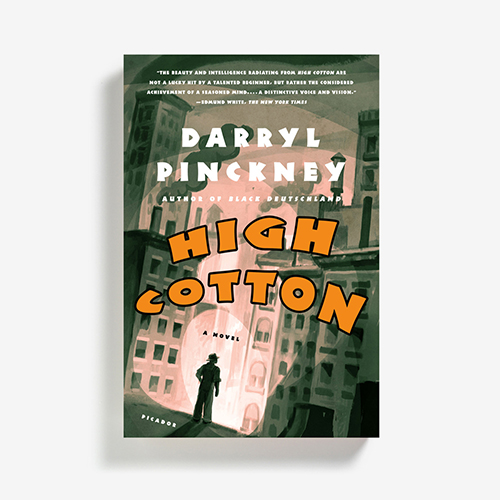
High Cotton by Daryl Pinckney
“No one sat me down and told me I was a Negro. That was something I figured out on the sly.” This is the beginning of Pinckney’s debut novel about the upper-middle-class black elite, following an unnamed narrator from conservative Indianapolis to working for a local radical organization to settling as an expatriate in Paris. The narrator struggles with his identity—performing blackness for some and feeling hyper-conscious of it around others. The book employs both fiction and autobiography, and showcases Pinckney’s elegant and passionate writing style that signaled his arrival as a powerful literary force in American letters.
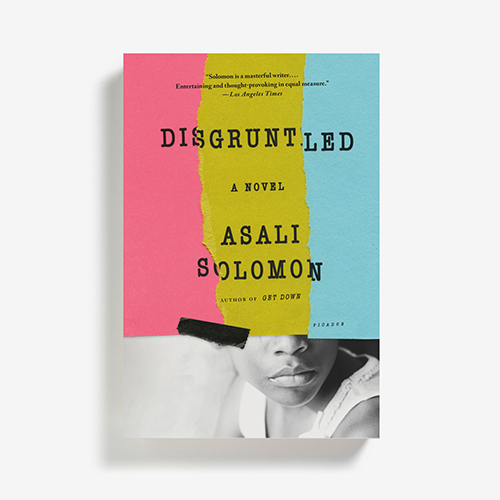
Disgruntled by Asali Solomon
Disgruntled is an examination of the impossible double-binds of race, a portrait of Philadelphia in the late ‘80s and early ‘90s, and a poignant coming of age story. We follow protagonist Kenya Curtis from West Philadelphia to the suburbs, from public school to private, and from childhood to adolescence as she struggles to find a place or person that feels like home. Writer Elizabeth McCracken calls it “that rare book that is both wildly imaginative and thrillingly true to life.”
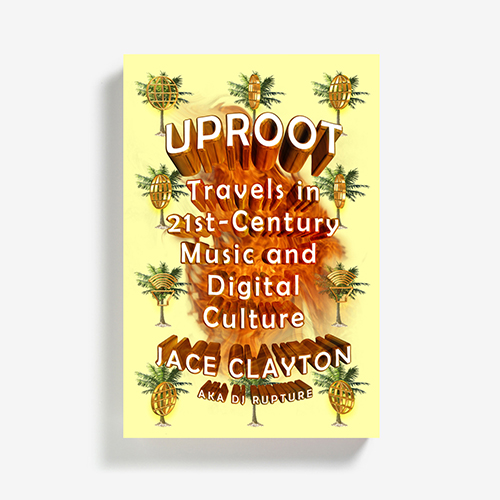
Uproot by Jace Clayton
Jace Clayton, aka DJ /rupture, is an artist and writer who takes an interdisciplinary approach to the intersection of sound, memory, and public space. His unique creations mix the local music from around the world to build an unexpected global sound that opens up new ways to think about the meaning of music in today’s digital culture. In Uproot, Clayton offers a guided tour of the 21st century’s newly-opened cultural space, reflecting with humor and expertise on the music that inspires him along the way.
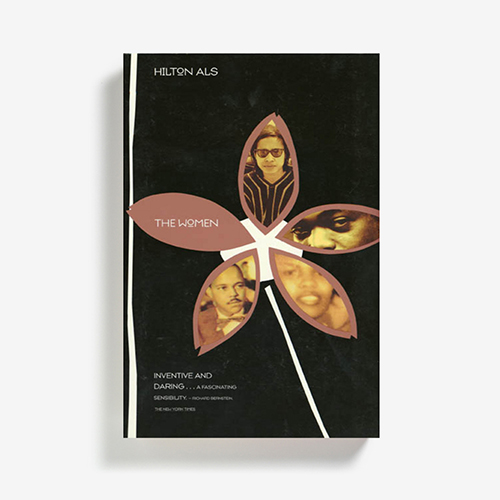
The Women by Hilton Als
This inventive masterpiece dislodges notions of genre and is at once a memoir, a psychological study, a sociopolitical manifesto, and a work of literary criticism. Through five portraits of various women—from Als’s own mother to the influential Dorothy Dean to poet and dramatist Owen Dodson, who identified as female—The Women scrutinizes the role of sexual and racial identity in their lives and work.
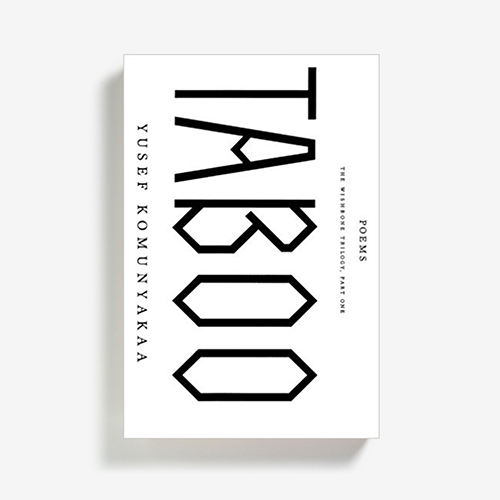
Taboo by Yusef Komunyakaa
These poems by Pulitzer Prize winner Komunyakaa employ the leaps and improvisational chops of a jazz soloist to explore areas of connectivity: the secret blood that links slave and master, explorer and native, stranger and brother.
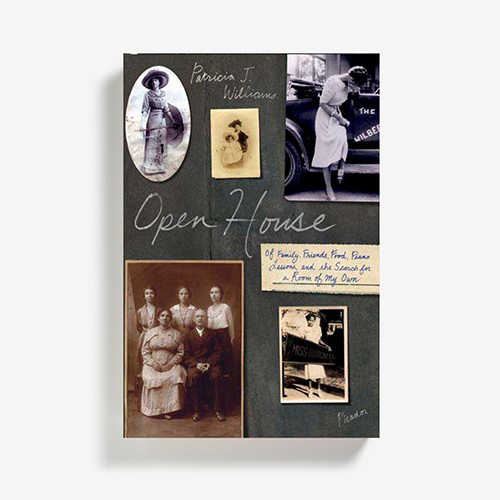
Open House by Patricia J. Williams
With this book, renowned columnist and law professor Patricia Williams opens up a window into her life as a lawyer, scholar, writer, African-American, descendant of slaves, mother, and single woman. She conveys with wit and insight the personal and political, illuminating situations where her identities don’t conform to societal expectations. With intimate writing and a down-to-earth storytelling sensibility, Williams introduces us to a host of entertaining and memorable figures—from Williams’ Aunt Mary, who passed as white, to Oprah Winfrey.
